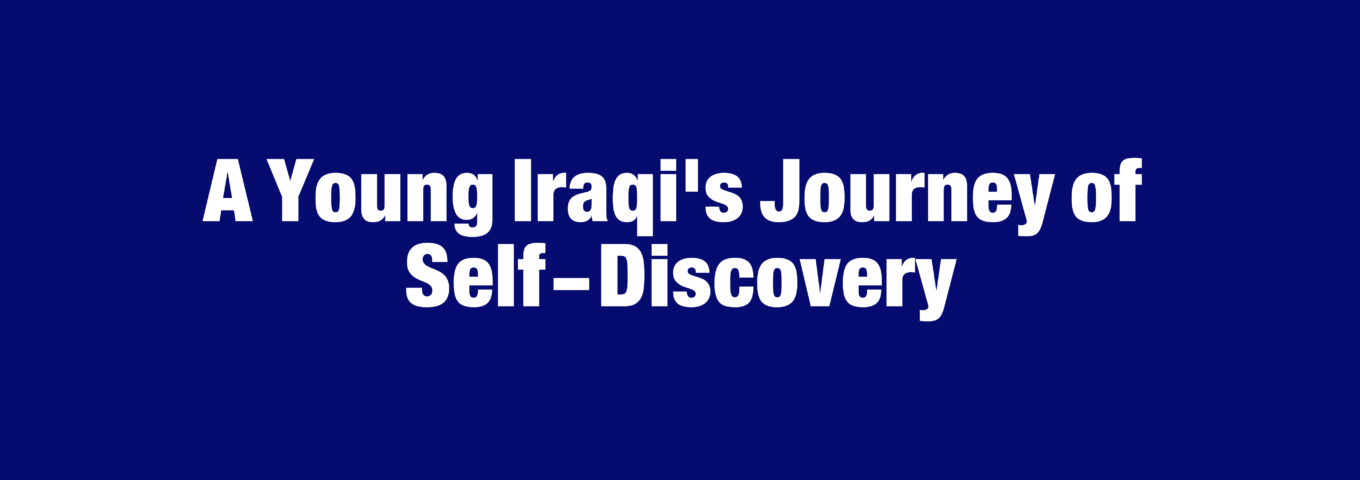A Young Iraqi’s Journey of Self-Discovery
In a cozy café in Erbil, Mariam, a recent graduate, shares her aspirations with a quiet determination in her eyes. “I want to see and experience new things,” she says, her voice a mix of excitement and hesitation. “Living independently, learning a new language, earning my own money – these are dreams I hold dear.”
Mariam’s story resonates with many young Iraqis today. Her desire for personal growth and a broader worldview is not uncommon among her peers, yet it often clashes with deeply rooted cultural norms and family expectations.
“It’s partly fear,” Mariam explains, describing her parents’ reluctance to embrace change. In her community, deviation from the norm is often met with suspicion. “Even going for a walk alone raises questions,” she says, highlighting the constant scrutiny young people, especially women, face.
This struggle between personal aspirations and societal expectations is a reality for many Iraqi youth. Recent studies have shown that young Iraqis, faced with economic challenges and limited opportunities, are increasingly seeking paths for personal and professional growth.
However, Mariam is quick to emphasize that her desire to explore the world is not a rejection of her roots. “I’m an Iraqi at heart,” she asserts proudly. “If I travel, I want to share our rich culture with others.” Her words reflect a common sentiment among young Iraqis – a deep love for their homeland coupled with a yearning for new experiences.
The concerns of Mariam’s parents are not unfounded. They worry not just about her safety, but also about the possibility of her not returning. This fear of ‘brain drain’ is a significant issue in Iraq, where many talented young people leave in search of opportunities abroad.
Yet, Mariam’s vision extends beyond mere escapism. “If I have the chance to leave, I want to show that I can live a fulfilling life while honoring my parents and my culture,” she says. Her goal is to bridge worlds – to gain new perspectives while staying true to her Iraqi identity.
As our conversation concludes, it’s clear that Mariam’s story is not unique. Many young Iraqis are grappling with similar dilemmas – how to pursue personal growth while respecting family ties and cultural values.
This desire for independence and new experiences doesn’t always mean leaving the country. Some young Iraqis have found that moving to different cities within Iraq or living with friends has given them the sense of freedom they crave. These steps allow them to navigate life on their own terms while staying connected to their roots.
The challenge for Iraqi society is to find ways to support the aspirations of its youth while preserving cultural values. It’s about creating opportunities for young people to grow, learn, and contribute to their communities in meaningful ways.
Mariam’s story is a reminder of the potential that lies within Iraq’s youth. Their dreams of personal growth and their deep connection to their heritage are not contradictory but complementary. By nurturing these aspirations, Iraq can harness the energy and creativity of its young generation, paving the way for a future where tradition and progress go hand in hand.
As we look to the future, it’s clear that supporting the dreams of young Iraqis like Mariam is not just about individual fulfillment – it’s about building a stronger, more dynamic Iraq. It’s about creating a society where the youth can thrive, contribute, and lead the nation towards a brighter tomorrow.

